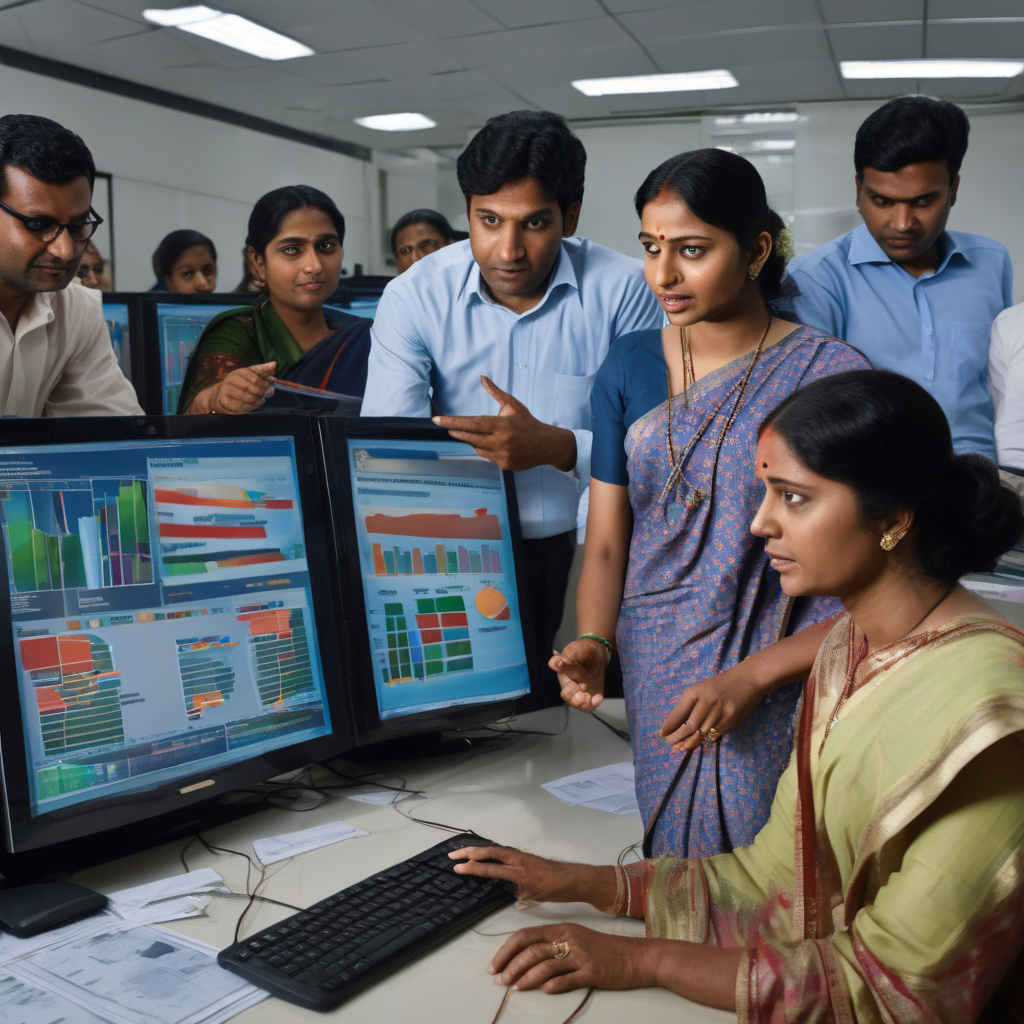Bangladesh Telecom Sector: Balancing Global Ambitions with Local Concerns
As Bangladesh reimagines its telecom future, a quiet power struggle is unfolding between global ambitions and local survival. The country is at a crossroads, seeking to reform its telecom sector to keep pace with the ever-changing digital landscape while also addressing the concerns of its local industry players and consumers.
With a population of over 160 million people, Bangladesh boasts a rapidly growing telecom sector that has attracted significant foreign investment in recent years. Global telecom giants see the country as a promising market for expansion, thanks to its large population, increasing smartphone penetration, and rising demand for digital services.
However, as foreign players seek to establish a stronger foothold in the Bangladeshi market, local telecom companies are raising concerns about fair competition and market dominance. The influx of foreign investment has the potential to squeeze out smaller, homegrown telecom companies, leading to a less diverse and competitive market.
In response to these concerns, the Bangladeshi government is taking steps to reform the telecom sector and create a level playing field for all players. By introducing new regulations and guidelines, the government aims to balance the interests of global telecom giants with those of local companies, ensuring fair competition and sustainable growth for the industry as a whole.
One key aspect of the telecom sector reform is the focus on improving digital infrastructure and connectivity across the country. Bangladesh has made significant strides in expanding its digital footprint in recent years, with initiatives such as the National Broadband Plan and the Digital Bangladesh Vision driving the growth of the digital economy.
By investing in cutting-edge technology and infrastructure, Bangladesh aims to enhance the quality of telecom services, expand internet access to underserved areas, and bridge the digital divide between urban and rural populations. These efforts not only benefit consumers by providing them with better and more affordable services but also create new opportunities for local businesses to thrive in the digital ecosystem.
Another important component of the telecom sector reform is the emphasis on data privacy and cybersecurity. As Bangladesh becomes increasingly digitized, the need to protect sensitive consumer data and secure digital transactions has never been more critical. By implementing robust data protection laws and cybersecurity measures, the government aims to build trust among consumers and create a safe and secure digital environment for all.
In conclusion, Bangladesh’s efforts to reform its telecom sector reflect a delicate balancing act between global ambitions and local concerns. By prioritizing fair competition, digital infrastructure development, and data security, the country is laying the groundwork for a thriving and sustainable digital economy that benefits both industry players and consumers alike.
#Bangladesh, #TelecomSector, #DigitalEconomy, #DataPrivacy, #Cybersecurity
